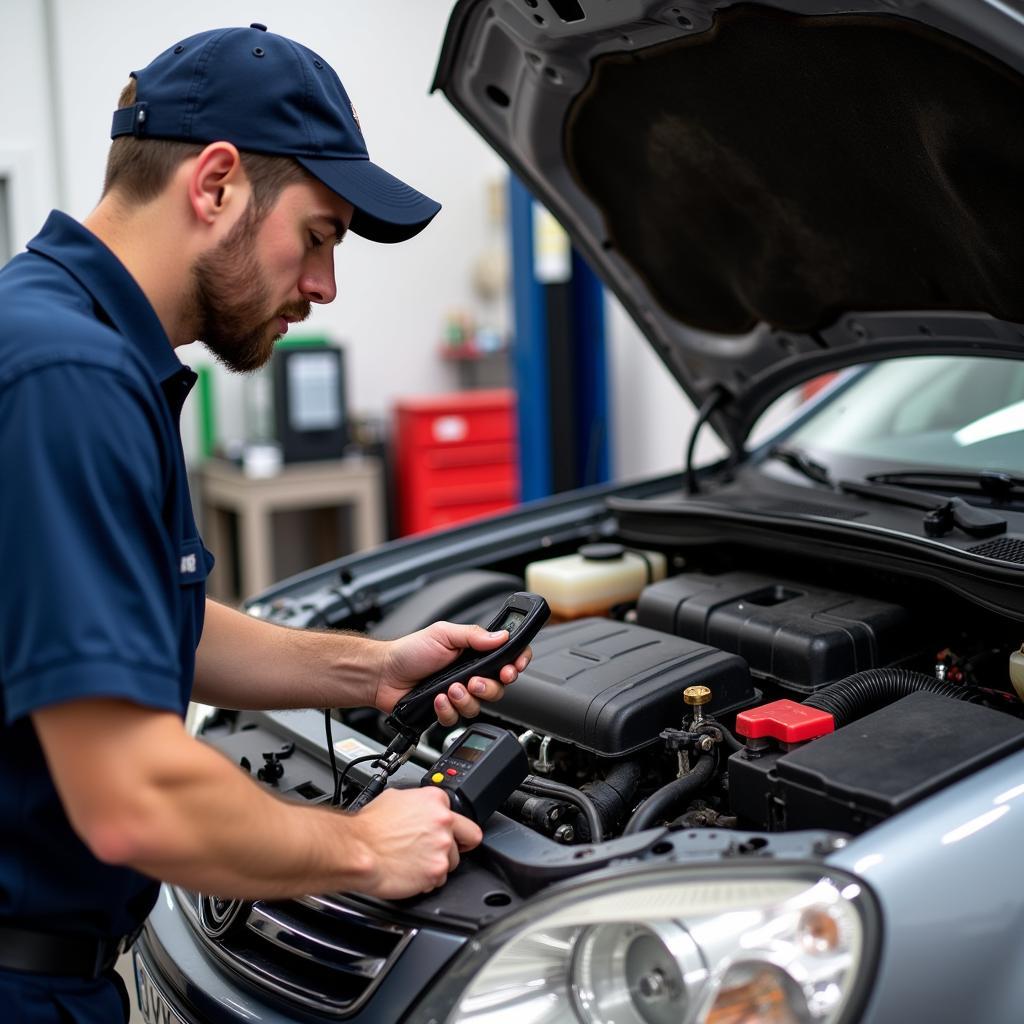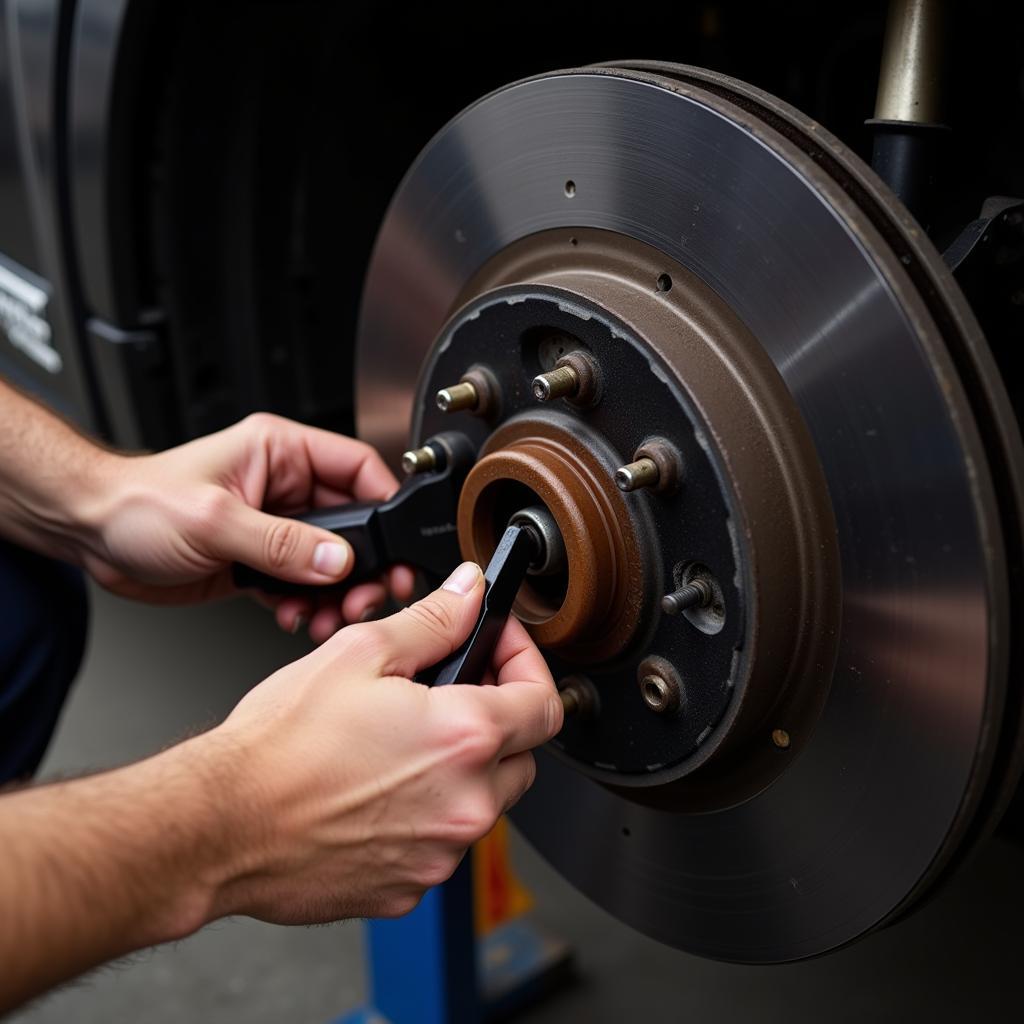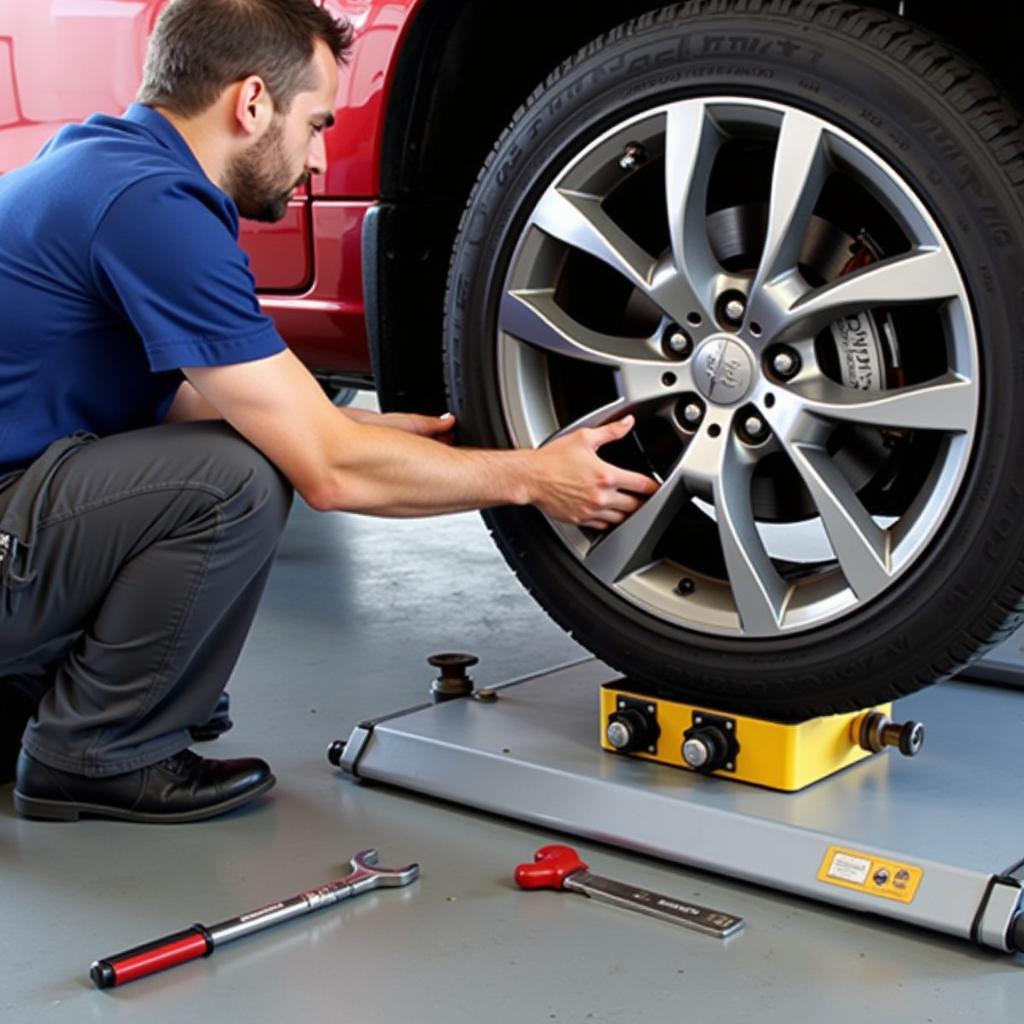What Do Mechanics Do When They Service Your Car?
When you take your car in for a service, what exactly are the mechanics doing? Many drivers are unsure about the specifics of a car service, leading to questions about its necessity and value. Understanding what happens during a service can empower you to make informed decisions about your car’s maintenance and ensure you’re getting the best possible care for your vehicle.
A car service is more than just an oil change. It’s a comprehensive check-up that helps maintain your car’s performance, safety, and longevity. Mechanics follow a checklist tailored to your car’s make, model, and mileage, addressing key areas to prevent potential problems and keep your car running smoothly. Let’s dive into the details of what mechanics do when they service your car.
A Comprehensive Look at Your Car Service
During a standard car service, mechanics perform a series of checks and replacements across various systems. These procedures are designed to identify wear and tear, address potential issues, and optimize your car’s performance.
- Fluid Checks and Changes: This includes checking and topping off essential fluids like engine oil, coolant, brake fluid, power steering fluid, and transmission fluid. Old or low fluids can significantly impact your car’s performance and safety. Mechanics also replace the engine oil and oil filter, vital for lubricating the engine and preventing damage.
- Filter Replacements: Besides the oil filter, mechanics may also replace the air filter and cabin filter. The air filter ensures clean air reaches the engine for efficient combustion, while the cabin filter cleans the air entering the passenger compartment.
- Brake Inspection: Mechanics inspect brake pads, rotors, and calipers for wear and damage. They check the brake fluid level and condition, ensuring your braking system functions optimally.
- Tire Inspection and Rotation: Your tires are checked for proper inflation, tread depth, and overall condition. Mechanics also rotate the tires to ensure even wear and prolong their lifespan.
- Battery Check: The battery is tested for its charge and overall health. Corrosion on the terminals is cleaned, and connections are tightened.
- Lights and Electrical System Check: All lights, including headlights, taillights, brake lights, and turn signals, are inspected. The electrical system is also checked for any faults or potential issues.
- Steering and Suspension Check: Mechanics inspect the steering components, suspension system, and shock absorbers for wear and tear, ensuring a smooth and safe ride.
- Exhaust System Check: The exhaust system is inspected for leaks, damage, and proper functioning. This ensures efficient emission control and prevents harmful gases from entering the cabin.
 Mechanic Checking Car Fluids During Service
Mechanic Checking Car Fluids During Service
Thinking about starting your own car detailing business? You might want to check out how to start a car dealer cleaning service business.
Why Regular Car Servicing is Crucial
Regular car servicing is essential for several reasons:
- Enhanced Safety: Regular checks and maintenance ensure all safety-critical components, like brakes and steering, are in optimal condition, minimizing the risk of accidents.
- Improved Performance: Clean fluids, new filters, and properly functioning systems contribute to better fuel efficiency, smoother handling, and overall improved performance.
- Extended Vehicle Lifespan: Regular servicing prevents minor issues from escalating into major problems, extending the life of your vehicle.
- Resale Value: A well-maintained car with a complete service history commands a higher resale value.
- Peace of Mind: Knowing your car is in good working order provides peace of mind and reduces stress related to unexpected breakdowns.
 Mechanic Inspecting Car Brakes During Service
Mechanic Inspecting Car Brakes During Service
If you’re wondering about the specific tasks involved in a car service, check out what things are done in a car service for more information.
Different Types of Car Services
Not all car services are the same. There are different levels of service based on your car’s mileage and manufacturer recommendations.
- Interim Service: Typically recommended every 6 months or 6,000 miles.
- Full Service: Recommended annually or every 12,000 miles.
- Major Service: Usually performed every 24,000 miles or 2 years.
Each service level includes a specific set of checks and replacements. Consult your car’s owner’s manual or a qualified mechanic to determine the appropriate service schedule for your vehicle.
Wondering if you can handle your own car service? Read more about servicing your car yourself.
 Mechanic Rotating Car Tires During Service
Mechanic Rotating Car Tires During Service
Conclusion
Understanding what mechanics do when they service your car empowers you to make informed decisions about your vehicle’s maintenance. Regular car servicing is crucial for safety, performance, and longevity, ultimately saving you money and providing peace of mind. Remember to consult your owner’s manual or a qualified mechanic for the recommended service schedule for your specific car model.
FAQ
- How often should I service my car?
- What is the difference between an interim and a full service?
- How much does a car service typically cost?
- Can I choose which services my car receives?
- What should I look for in a reputable car service center?
- Is it necessary to follow the manufacturer’s recommended service schedule?
- What happens if I skip a car service?
Interested in starting a car dealership cleaning service? Learn how to start car dealership cleaning service. Also, explore how to buy a car dealership janitorial service for further information.
Need assistance with your car service? Contact us via WhatsApp: +1(641)206-8880 or Email: [email protected]. Our customer support team is available 24/7.

